The debate about continued British membership of the single European market is often confused, because the shorthand term ‘membership’, just like the term ‘access to’, can mean different things.
There is not actually an entity called the ‘single market’ that you can apply to join. The EU has created an ‘internal market’ as one of its policies, and it has associated countries from outside the EU with it, to various degrees, as the EU treaties allow it to do. The EEA countries (Norway, Iceland and Liechtenstein) are the most closely involved though not quite fully participating, as fish and agriculture are excluded. Switzerland is involved through different arrangements. So are others, to a lesser degree, such as Moldova.The shorthand term ‘members of the single market’ is inaccurate, but is usually used to refer to the EEA countries and Switzerland. Those countries have red-tape-free access to the single market for most of their products, on condition that they follow its rules.
After all, that is what the single market is about: ensuring that there are common standards on consumer protection, workers’ rights, the environment and fair competition means that products do not need to be checked at borders and can circulate without hinderance. This is particularly important for supply chains that criss-cross borders, such as in the manufacture of automobiles and aircraft, or in agriculture. It is also vital in transport, where, notably, the right of airlines to fly across Europe is conditional on them complying with EU safety standards and being tested by the European Air Safety Agency. Britain’s financial sector, which provides one third of government tax revenue, is similarly dependent on its right to passport insurance and banking services across the single market in accordance with its rules. In other words, ‘membership’ of the single market is vital for our economy, jobs and public finance.
But here’s the rub: leaving the EU, assuming we go ahead with it, means Britain will have no direct say on those rules any more. We would probably have some influence – the EEA countries are consulted on draft single market legislation – but we would no longer have representation where the final decisions are taken: the EU Council of Ministers and the European Parliament.
This loss of influence is the political price of leaving the EU. We do not need to compound that by the economic damage of distancing ourselves from the single market.
Some argue that we must leave the single market in order to make our own, separate rules, otherwise we will be a rule-taker, not a sovereign state. But the supposed gain in sovereignty would not be so great as to justify the huge economic cost. EU legislation in its entirety amounts to some 13% of our laws according to the House of Commons library, and single market rules are a proportion of that. Within even that smaller proportion, we would have little option but to keep most of it anyway. First, some of it is where the EU has set standards that have since become world standards, as frequently happens. Second, sectors such as chemicals, aviation, pharmaceuticals and agriculture will still be dependent on EU rules that apply to their supply chains. Thirdly, some EU rules are the simple application in the single market of world level agreements in the WTO, UN agencies and so on. Fourthly, most rules are not controversial and there would be no particular gain from changing them. All in all, the extra ‘sovereignty’ to do our own thing would, in practice, be limited, and not worth the economic damage of leaving the single market.
Others argue that staying in the single market does not respect the result of the referendum. Yet, it was Leave campaigners themselves who promised that we could leave the EU without economic damage because we’d stay in the single market:
- ‘I’d vote to stay in the single market. I’m in favour of the single market.’ BORIS JOHNSON
- ‘Only a madman would actually leave the [single] market.’ OWEN PATTERSON
- ‘Increasingly, the Norway model looks best for the UK.’ ARRON BANKS
- ‘Absolutely no-one is talking about threatening our place in the single market.’ DAN HANNAN
A similar argument applies to the customs union – the arrangement whereby EU countries don’t impose any tariffs on trade between themselves, but set a common external tariff to the outside world. Leaving the customs union would probably mean tariffs and certainly mean border checks on our exports to, and imports from, the EU, which, let us not forget, is our biggest trading partner by some margin.
The price to pay here is that staying in the customs union means we can’t negotiate a different set of tariffs with third countries. But the new shiny trade agreements offered by Liam Fox are anyway turning out to be illusory. It won’t be easy to get better deals than we have secured via the EU with countries around the world. These have been negotiated with the clout of the whole of Europe – the world’s largest market – behind us. Negotiating new agreements, as Britain alone, and in a hurry, would not be to our advantage. If we gain anything at all compared to now, it is unlikely to balance the loss of diminished access to the European market.
Few people voted for Brexit-at-any-cost; indeed they were told it would save money which could go to the NHS. If it turns out to be a costly exercise, damaging the economy, they will be entitled to feel let down. A soft Brexit, staying in the single market and the customs union,will attenuate that cost and is arguably the only kind of Brexit that would come close to what several Leave campaign leaders pledged. But many would go further and say that even these costs, and the loss of British influence over decisions that will affect us anyway, are too high a price to pay for Brexit.
And if this government doesn’t fall within the next 18 months and muddles its way through to an unclear, half-baked, or clearly damaging deal, then the clamour for a re-think of Brexit will grow. As Manuel Cortes said from a trade union perspective: ‘if a bad deal is on the table, the prospect of staying in must be an option’. And as David Davis himself said: ‘If a democracy cannot change its mind it ceases to be a democracy.’
This still has a long way to go. But the fact that, well over a year after the referendum, there is still no clarity in what alternative to full membership we might go for means that no option should be closed.

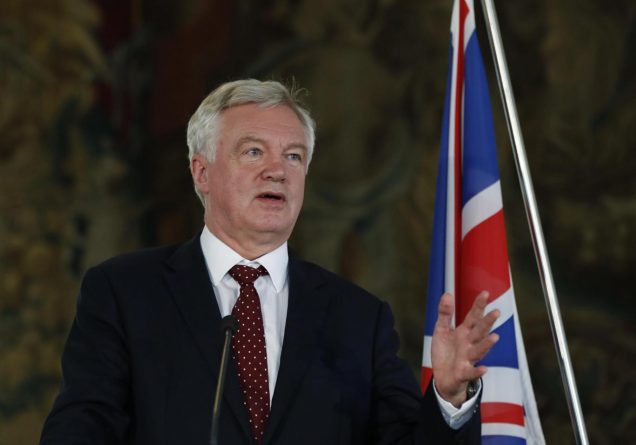
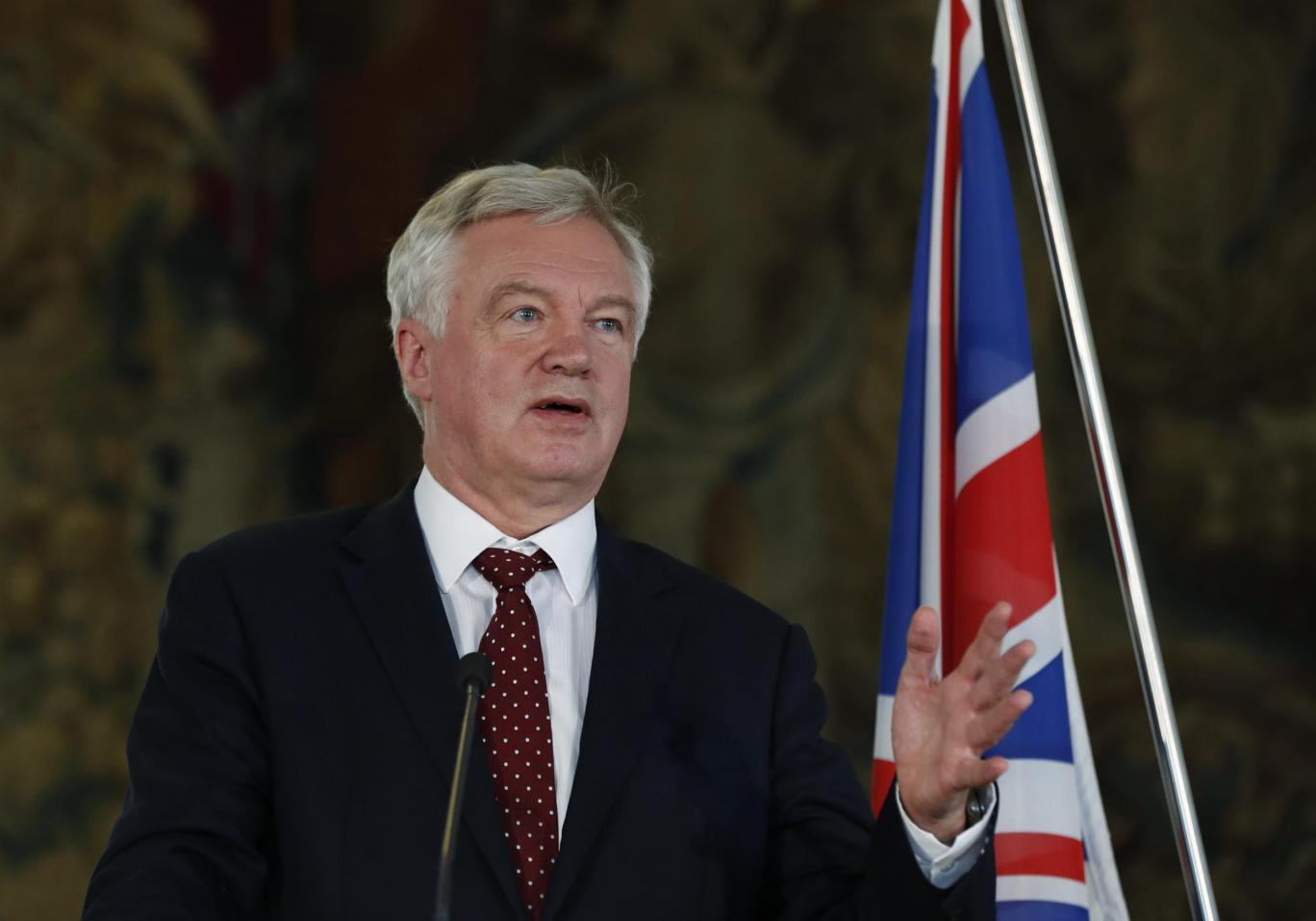

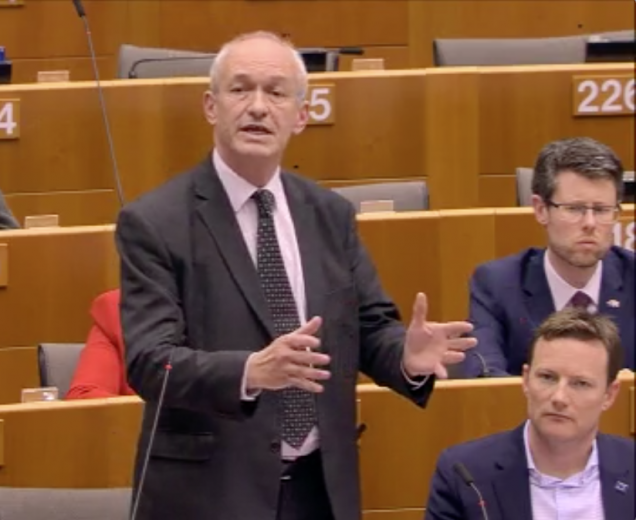
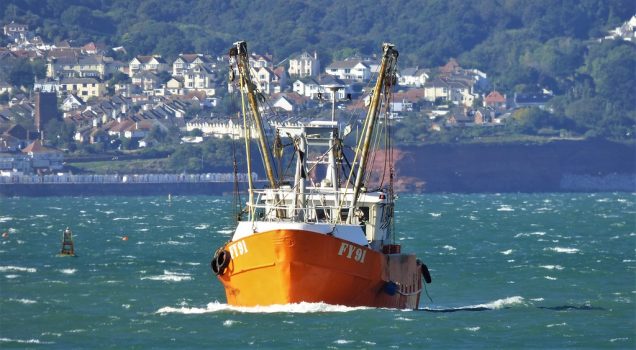
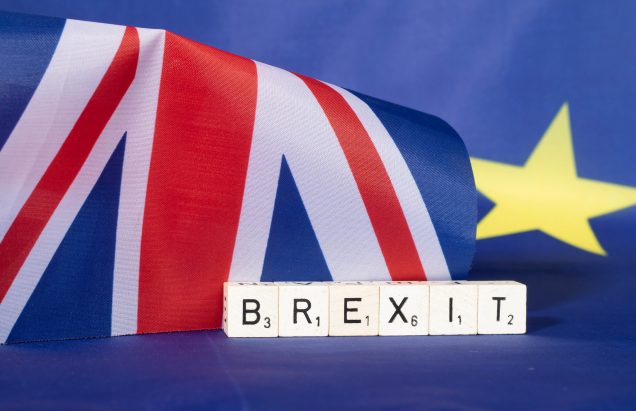
4 Comments